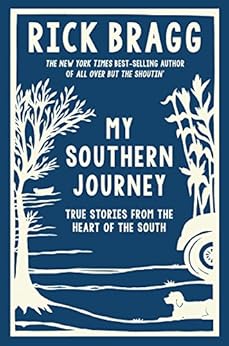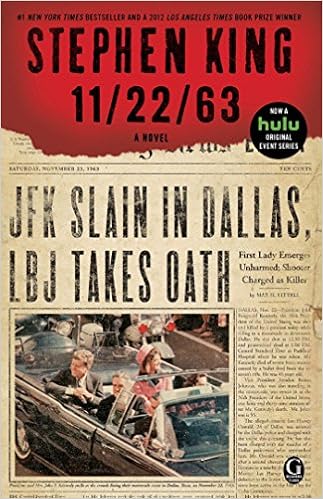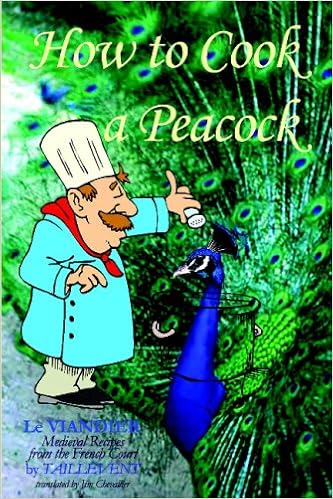Ever wonder what makes a book a bonafide page-turner? God knows I have. I pick up a book for a bit of pleasure reading and all of the sudden I'm in the story, oblivious to deadlines, ringing phones, and my overloaded washer's current attempt to escape. Nothing else matters beyond What Happens Next and I'm useless until I finish the story. How did this happen? How was my attention captured so completely? Instead of reading the book, it felt more like I was living the story. Did the writer cast a spell over me? No, but it's likely the writer used a technique called "Deep P.O.V."
P. O. V. is the story's point of view, the perspective of the narrator. That can be the unseen, omniscient third person narrator (like God is telling the story); first person narration (e.g. "Call me Ishmael") or, if the author is very good and ambitious, second person narrator (second person is very in-your-face and tricky to sustain unless the writer is incredibly skilled like Margaret Atwood, Jay McInerney, or Robert Penn Warren). The voice of the narrator telling the story acts as a buffer between the reader and characters so the less you can hear of the narrator's voice, the closer you get to the characters, and the more likely you'll get emotionally involved with them.
 For an example of immediate Deep P.O.V, look at the first lines of Suzanne Collins's The Hunger Games:
For an example of immediate Deep P.O.V, look at the first lines of Suzanne Collins's The Hunger Games:"When I wake up, the other side of the bed is cold. My fingers stretch out, seeking Prim's warmth but finding only the rough canvas cover of the matteress. She must have had bad dreams and climbed in with our mother. Of course, she did. This is the day of the reaping."
Immediately, we are in the narrator's head, sensing the cold and the canvas she feels. And, without being "told", we know so much more. From the temperature and the mattress cover, we can infer this is a hand-to-mouth household. Families who can afford sheets and heating bills don't have their kids sharing a canvas mattress in order to stay warm. We also know Prim is the narrator's sister and Prim sometimes suffers from bad dreams. Finally, we know "the reaping" can bring on nightmares.
Now compare this with one of the most famous opening paragraphs in English Literature.
"It is a truth universally acknowledged, that a single man in possession of a good fortune must be in want of a wife. However little known the feelings or views of such a man may be on his first entering a neighbourhood, this truth is so well fixed in the minds of the surrounding families, that he is considered as the rightful property of some one or other of their daughters."
No sense of physical stimuli here; we get opinion and perspective instead. We're told of a place completely preoccupied with money and marriage. We also get the impression the narrator thinks this is a ridiculous idea. A well-modulated voice narrates the story of Pride and Prejudice with dry wit and good humor, letting you know his or her opinion without explicitly stating it. P&P doesn't pull the reader under, as The Hunger Games does, but the extra layer of distanced narrative gives it a richer, more nuanced perspective.
Which is better? That depends on the story, or even what point the story is at. A story can decrease the narrative distance during crisis points, which increases the tension and urgency, then re-establish the distance again, once the crisis has passed. The point is, the success (or failure) of a story often depends on how it's told. Next time you find yourself getting involved in a story, mentally backup (if you can) and check the language. Is it written in present tense, with the minimum of emotional signposts (verbs like thought, decided, believed, said) and lots of sensory cues, you'll know why you are getting pulled under. You're in the Deep End of the POV.



















